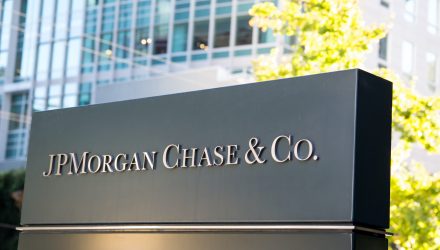Head of JPMorgan Chase, Jamie Dimon, said Monday that he predicts that the coronavirus crisis will include a “bad recession” and elements of financial damage similar to the 2008 downturn, suggesting that there is more downside to come.
Dimon explained that while JPMorgan was in a position of strength prior to the crisis and had run multiple scenarios for such a disaster, the pandemic is turning out to be “dramatically different” from the industry’s Federal Reserve stress tests.
As the economy worsens and loan losses burgeon out of control, regulations instituted after the last crisis will begin to stifle the bank, Dimon warned.
“As we get closer to the extremely adverse scenario, current regulatory constraints will limit additional actions we can take to help clients,” Dimon said, “in spite of the extraordinary amount of capital and liquidity we could deploy.”
Dimon suggests that once the worst of the economic fallout is behind us, a reevaluation of how to be better prepared for this type of crisis is warranted.
“After the crisis subsides (and it will), our country should thoroughly review all aspects of our preparedness and response,” Dimon said. “And we should use the opportunity to closely review the economic response and determine whether any additional regulatory changes are warranted to improve our financial and economic system. There will be a time and place for that — but not now.”
JPM closed up on the day along with Bank of America, and the iShares U.S. Financial Services ETF (IYG) despite much of the stock universe closing red. The
For more market trends, visit ETF Trends.
